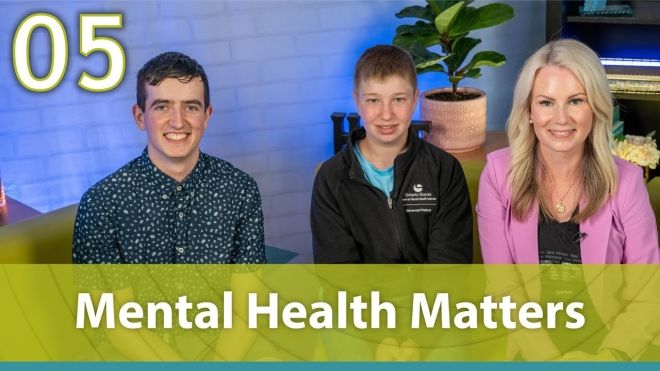
In my formal academic training, I have completed a Social Service Worker (SSW) diploma as well as a Registered Practical Nursing Diploma (RPN) and I feel that I was moderately prepared for a career in mental health. I completed practicum placements in both diplomas in mental health settings and there was a “general mental health theory course.” The emphasis on theory did not completely or adequately address the complex interpersonal and communication skills required in this field. However, considering the need for nurses in every field of nursing it certainly did not help me to specialize in mental health. This came through experience in the field and continuous ongoing learning. Additionally, evolving mental health issues, trends and potential treatments may outpace the curriculum making continuous professional development crucial for staying current in the rapidly changing landscape of mental health care.
This is where microcredentials have changed this landscape for the foreseeable future. Microcredentials can have a direct impact on patient care by addressing specific needs and fostering continuous learning. For example, a nurse earning a microcredential in trauma informed care may enhance their ability to support patients with trauma, leading to improved trust and communication during treatment and intervention. Targeted skills like Pharmacology contribute to a more patient-centered and responsive healthcare environment.
My experience with microcredentials has been in several different ways. I was initially one of two subject matter experts that co-created the Mental Health Pharmacology microcredential. The development process truly helped me to fully understand the value of these microcredentials and the impact they would have for clinical staff providing patient care. I then transitioned into the role of Skills Coach (employed by TALENT) and currently am the skills coach for up to three microcredentials including – Mental Health Pharmacology, Ethics in Mental Health and Trauma Informed Care. I really enjoy this role and I get the ability to support staff members who want to upskill, refresh or relearn.
With the flexible learning platform, the length of the courses and the ability to work at your own pace, I fully recommend that all clinical staff take any and all microcredentials that fit with their career and learning pathway.
To learn more check out Kerrie’s presentation entitled Navigating the Changing Tides of Nursing Education and Practice in Ontario.



